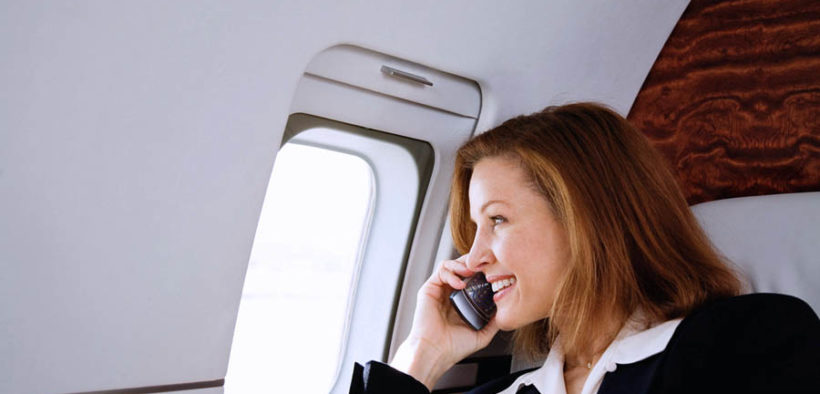Practical Techie: Guard your smartphone closely during travel time

The smartphone is an essential travel tool. It provides instant communication almost anywhere worldwide. Translates conversation to any major language. Provides geolocation and mapping. It keeps taps on a traveler’s flight bookings, cancellations, reminders for connection time.
And if bored, music, videos or more important news of what’s happening in any spot, or back home. As summer vacation time gets closer, travelers should follow certain safety guidelines to avoid cybercriminals from pouncing on their personal hardware or their data, ruining a well-deserved vacation trip. In the US alone, predictions for the new season are that some 200 million people will do domestic or international tourism.
SECURITY — Travelling secure is paramount, but your smartphone may become a safety hazard if you post on social media too many visuals of where you’re staying or what valuable items a traveler carries, such as expensive watches, cameras, jewelry. Never take photographs of your luggage identification labels because if the phone device is stolen or lost in an airport terminal, crooks will have access to the information. Even the license plates of a rented vehicle should stay out of the postings. Also, never post a picture of your boarding pass on social media as many people are wont to do to share with friends and family the bliss of their travel adventure, advises the Conde Nast website.
It’s not only about giving out the traveler’s name, seating, and flight number. The barcode contains sensitive information such personal contact, itinerary clues, and frequent flyer data.
PROTECT — Travel protection guidelines should foremost include avoiding any potential security breach of personal data by the hackers or predators that loom about the airports.
Luckily, some airlines only copy the boarding pass confirmation code on the baggage labels, but most don’t take full protective measures. It befalls each traveler to protect against identity fraud and targeted hacks. Erase boarding passes data on your phone once the trip is over as an offset if the device falls into devious hands. Please don’t dispose of paper boarding passes and luggage labels in terminal wastebaskets; shredding at home or office is the safest way to discard them. Don’t also share your electronic ticket on social media.
COVID — With cities and travel spots worldwide slowly opening up borders this summer of 2021, basic measures should be also taken for health security. Seek baseline advice from websites of the places to be visited. Again, some airlines have liberal mask use rules, but most still require them. Follow all local regulations, specifically on ships or airplanes. Before any trip, go to the Centers for Disease Control (CDC) website for local guidance. Remember that crossing time zones disrupts the body’s 24-hour time bio clock, something called the circadian rhythm. Drink 16 ounces of water for every four hours of air travel. Highly pressurized airplane cabins make the body dehydrate.
The plot thickens with this, as some regulatory agencies of airplane water tanks consider the water unsafe. Major airlines deny it but…juices may be the best option. Don’t forget to wipe the tray in front. Some travelers use them to change diapers, or small kids place their bare feet on them, especially on short-haul flights during which planes are not as sanitized.











